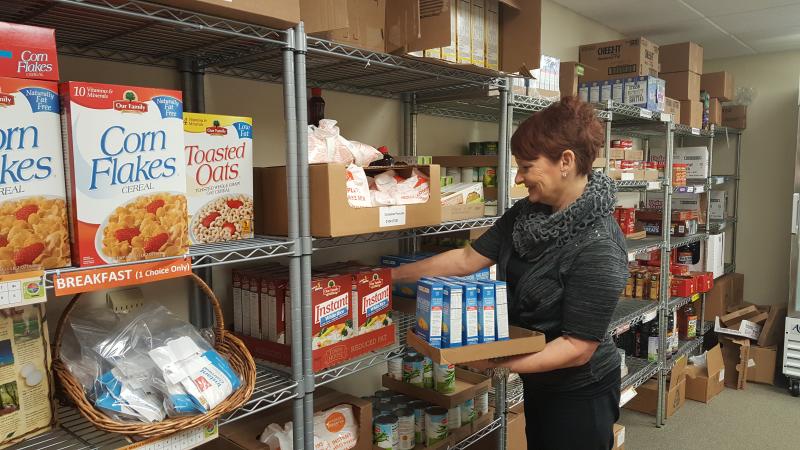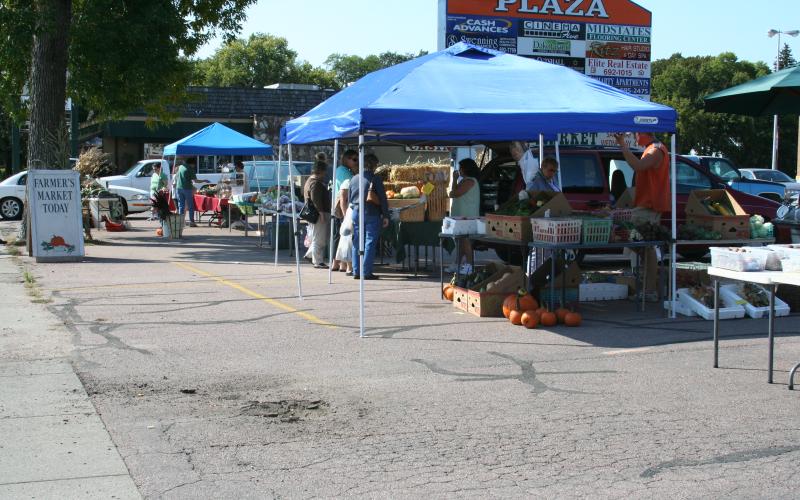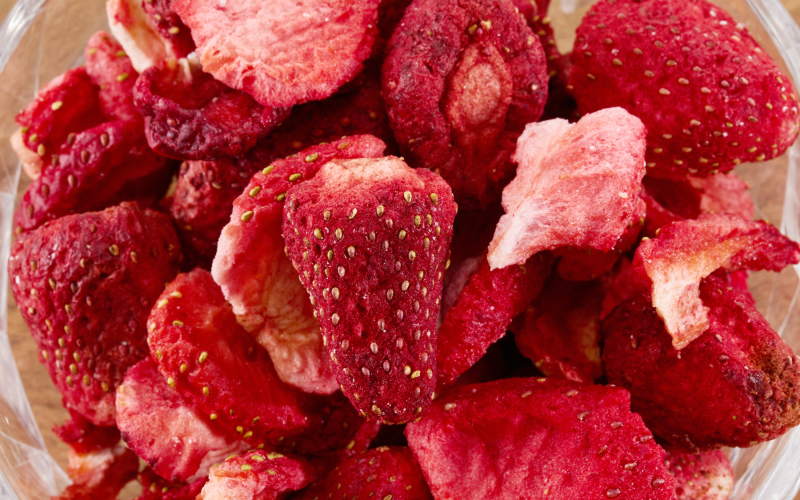
Food costs are on the rise, and it’s no secret that families are being asked to do more with less. The food industry is filled with large, mid-sized and small companies that excel in manufacturing and providing safe foods that consumers need and enjoy. Food safety is an integral foundation to any food manufacturer’s success, and food manufacturers strive to make food as safe as possible, while also processing it as efficiently and effectively as well. However, in the food manufacturing environment, it is not uncommon for food manufacturers to make a product that doesn’t meet internal specifications and requirements, but may still be deemed as safe. This article is to serve as a tool for food manufacturers in South Dakota that are still safe to consume, but don’t meet internal specification requirements.
When considering donating a product, it is always important to consider whether the food is still safe to consume. For the purposes of this article, it is assumed that the food is safe with regard to physical, chemical and biological hazards. As noted above, it is can be common for manufacturing plants or processing facilities to produce a product that doesn’t not meet specification and is not saleable because it doesn’t meet these internal requirements. Below are some examples of food products that may not meet internal specification requirements, but may still be considered ready to eat:
Food Considerations for Donation
Cereal
- High and low moisture
- Production start-up material
- Agglomerated product (stuck together)
- Not properly enrobed
- Expired product
- Low enrichment
- Nutritional
- Unlabeled
- Damaged, but safe
- Seasonal items
- Overruns
- Unfinished product
- Excess inventory
- Test or trial run product
- Low weights/low fills
- Mis-shapen product
- Nutritional (i.e. low vitamins or minerals added)
- Other out-of-spec product
Pasta
- High and low moisture
- Production start-up material
- Agglomerated product (stuck together)
- Off color
- Low enrichment
- Expired product
- Nutritional
Wheat Flour
- High and low moisture
- Production start-up material
- Wheat fines
- Expired product
- Other out of spec product
Baked Goods
- Off flavor
- Expired product
- Damaged, but safe
- Expired product
Types of Food Products

The types of food products listed above, such as baked goods, cereal and pasta, are considered low-risk, because these products have either gone through a pathogen lethality step or a pathogen reduction step that will decrease the microbiological risk to a save level.
Additionally, these products will have a low water activity that prohibits growth of pathogenic bacteria.
These food types are ideal for donation, because they are low-risk products that have longer shelf lives.
Process Questions
-
How can I become an approved supplier to Feeding South Dakota?
If you would like to become an approved supplier, you can reach out to the Feeding South Dakota Food Sourcing and Inventory Manager, who is currently Jeff Aughenbaugh. Personnel from Feeding South Dakota would visit the supplier to determine information about the donation (product, packing, quantity, life of product, etc.). -
How are costs minimized to transport the donated food to Feeding South Dakota?
Feeding South Dakota would arrange pickup per donation. For pickup outside of our food bank distribution center locations, Feeding South Dakota would arrange as available. -
Are there any minimum criteria required for donating food?
Feeding South Dakota does not have set minimum criteria beyond no home-canned items and no meat processed without USDA or State of South Dakota seals. Feeding South Dakota would need to discuss each donation to determine if it was acceptable. -
How would Feeding South Dakota maintain confidentiality to protect my company’s brand and reputation?
Feeding South Dakota is able to work with donor requests in terms of how they would like their donation noted, or not noted. -
What are the benefits that could be gained from donating to Feeding South Dakota?
There is an enhanced tax deduction for donating food. The USDA provides excellent details on their website.


